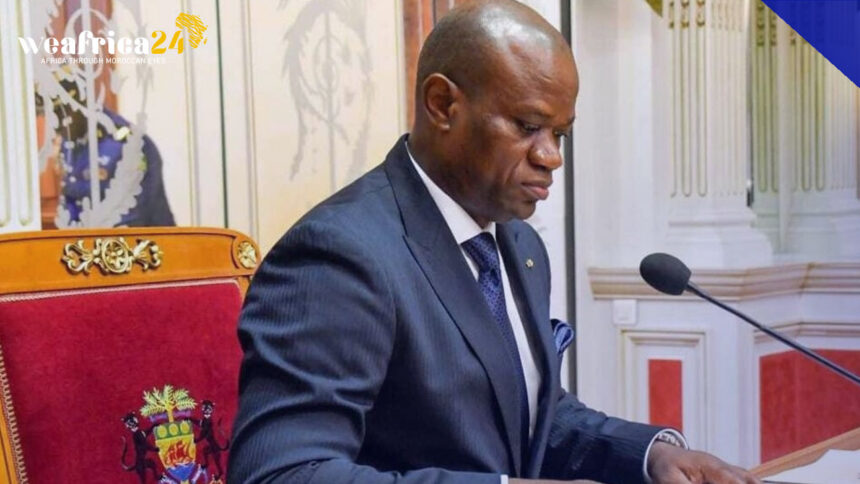The long-awaited national dialogue is scheduled to take place from April 2nd to April 30th, seven months after the military coup that toppled President Ali Bongo. A decree was issued over the weekend in the official journal to provide further details on the profile and organization of this decisive meeting.
This gathering, set to commence on April 2nd, will be crucial for the future of Gabon. The objective of the dialogue is to initiate a profound reform of the country, beginning with an assessment of the institutional, social, and economic situations. It aims to propose directions towards democracy and the rule of law, as well as define the fundamental principles of state organization and public powers.
Following the publication of a decree over the weekend, more information has emerged about the shape that this national dialogue will take. For instance, there will be 580 participants selected from all segments of society, although questions arise regarding the distribution. Each of the 104 political parties will have one representative, chosen by the transitional president, Brice Oligui Nguema.
The CTRI, the military body, will have 64 representatives, while delegations from municipalities and departments, partly appointed by the army, will consist of around one hundred individuals. “Let’s be inclusive to the end. It is out of the question for politics and civil society to monopolize everything,” said the Minister of Institutional Reform, Murielle Minkoué Mintsa, responsible for organizing the dialogue.
Conclusions Implemented in the Form of Laws
The bureau will comprise 28 members, with Archbishop Iba-Ba of Libreville serving as the president. The influence of religious leaders will be significant within this entity guiding the dialogue. “We rely on them to moderate, to rise above passions,” explained the minister.
The discussions will be conducted in plenary sessions, commissions, and sub-commissions. The conclusions will be transmitted to the transitional president. General Oligui Nguema will be tasked with formalizing and executing them in the form of laws and regulations. “The implementation will be gradual. However, it is inconceivable for the military to deviate,” noted Murielle Minkoué Mintsa.
However, an important point to note is that only conclusions compatible with the current transition charter, written by the coup leaders, will be enforceable. Others will have to be implemented after the upcoming elections, the date of which is awaited as this dialogue is expected to finalize a definitive timetable.







